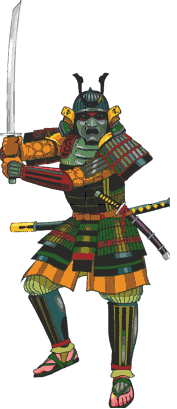Kano Jiu-Jitsu Contest Rules
The Original Kodokan Judo Tournament Rules
H. Irving Hancock and Katsukuma Higashi, The Complete Kano Jiu-Jitsu (Judo), (New York: Dover Publications, 1905)
1. Each contestant shall wear coat and belt.
2. A contestant shall be deemed to have been defeated when his two shoulders and hips shall have touched the floor, provided that said contestant shall have reached this position on the floor through having been thrown down.
3. A contestant shall be deemed to have been defeated when in such position on the floor, if said combatant cannot free himself from his opponent’s arms within two seconds’ time.
4. A contestant shall be deemed to have been defeated when from any cause or causes he may become unconscious. But it is not permitted to use serious tricks when the wrestling bout is between friends. Such tricks as kicking and the breaking of arms, legs, and neck are barred.
5. A combatant shall be deemed to have been defeated when he has been reduced to submission through the employment by his opponent of any hold or trick.
6. When a defeated combatant finds himself obliged to acknowledge his submission, he must pat or hit the floor or his antagonist’s body, or somewhere, with his hand or foot. This patting with foot or hand is to be regarded as a token of surrender.
7. When a defeated combatant pats or hits the floor, or anywhere, in token of submission, the victor must at once let go his hold.
8. It is understood and agreed that the Jiu-Jitsu man, whether he fights a boxer or contests with a wrestler, shall be allowed to use in his defense any of the tricks that belong to the art of Jiu-Jitsu.
9. It is further understood and agreed that the Jiu-Jitsu man assumes no responsibility for any injury or injuries caused by any act or thing done during the contest, and that the Jiu-Jitsu man shall be held free and blameless for any such ill effect or injury that may be received during the contest.
10. Two competent witnesses representing each side, or four in all, shall see to it that these articles of agreement are properly drawn, signed, and witnessed, to the end that neither contestant or other participant in the match shall have cause for action on any ground or grounds resulting from any injury or injuries, or death, caused during the contest.
“In those days contests were extremely rough and frequently cost the participants their lives. Thus, whenever I sallied forth to take part in any of those affairs, I invariably bade farewell to my parents, since I had no assurance that I should ever return alive.” … Sakujiro Yokoyama quoted in “The Fighting Spirit of Japan” by E.J. Harrison

